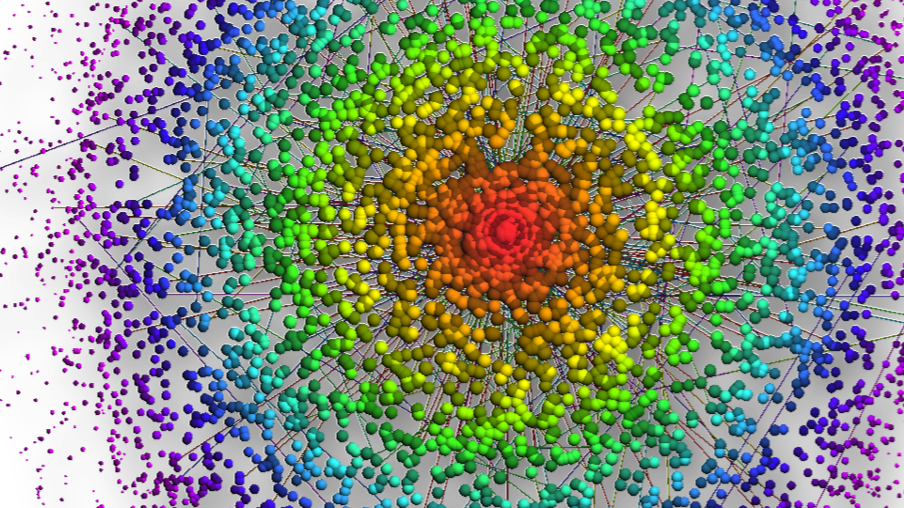Computational and Quantitative Biology PhD
Andrea Califano - Elucidating and Targeting Mechanisms of Single Cell State Maintenance

Venue: Teams
ABSTRACT
We have developed network-based methodologies for the systematic identification, validation, and pharmacological targeting of a new class of therapeutic targets. These targets comprise Master Regulator proteins, whose concerted aberrant activity within tightly regulated modules (tumor checkpoints) is responsible for the mechanistic implementation and maintenance of specific tumor cell states. By leveraging these methodologies, we have developed NY CLIA certified tests, such as OncoTreat, that leverage large-scale drug-perturbation assays to systematically identify drugs and drug combinations whose mechanism of action is specifically effective in abrogating tumor checkpoint activity, on an individual patient basis. These tests have shown >80% success rate in PDX models from patients who had failed multiple standard of care therapies. In this talk, we will introduce these concepts and then demonstrate their application to elucidating drugs capable of targeting transcriptionally distinct tumor niches by single cell analysis. Specifically, we will discuss identification and in vivo validation of drugs targeting the stem-like progenitor niche of breast adenocarcinomas and transcriptionally-distinct single cell subtypes in glioblastoma.
SPEAKER
Andrea Califano is Clyde and Helen Wu Professor of Chemical and Systems Biology, Chair of Department of Systems Biology and Director, JP Sulzberger Columbia Genome Center, Herbert Irving Comprehensive Cancer Center at Columbia University (NY, USA).
Andrea is a pioneer in the field of systems biology. A physicist by training, Dr. Califano has taken innovative, systematic approaches to identify the molecular factors that lead to cancer progression and to the emergence of drug resistance at the single-cell level. Directing the conversation about cancer research away from focusing solely on gene mutations, Dr. Califano examines the complex and tumor-specific molecular interaction networks that determine cancer cell behavior. Using information-theoretic approaches, analysis of these networks can precisely pinpoint master regulator proteins that are mechanistically responsible for supporting tumorigenesis and for implementing tumor cell homeostasis. Dr. Califano and his lab have shown that master regulators represent critical drivers and tumor dependencies, despite the fact that they are rarely mutated or differentially expressed, thus establishing them as a bona fide new class of therapeutic targets.
How To Attend
The seminar will be online. Please register for the seminar by clicking above. We will send you an invite with the link to the seminar.
All Dates
- 2021-03-31 15:00
Powered by iCagenda





